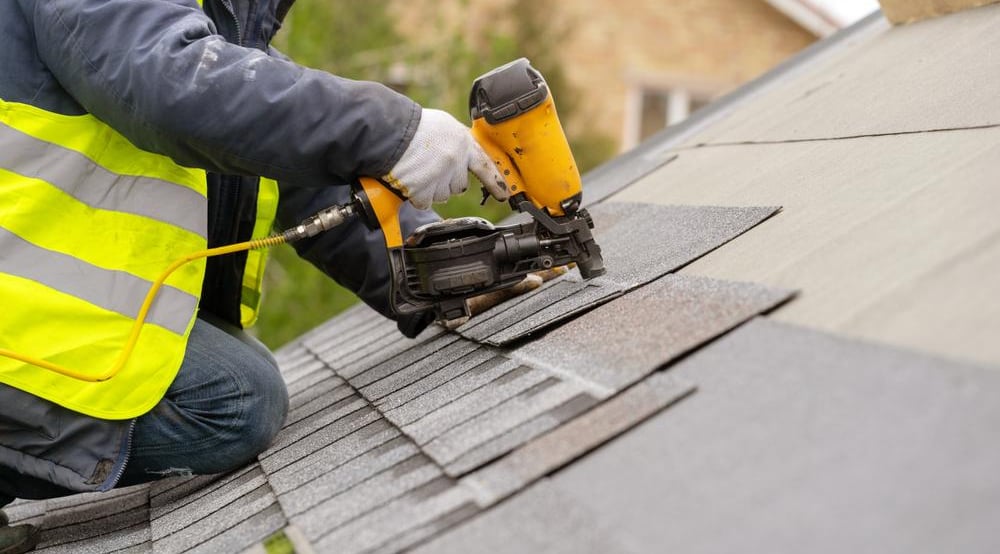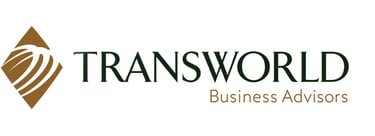Key Factors Buyers Look for When Purchasing a Roofing Construction Business
Learn the key factors buyers assess before purchasing a roofing construction business. Gain insights to maximize value when planning a sale.
SELL A BUSINESS
8/23/20254 min read


When owners decide to sell Roofing construction business assets or the company as a whole, buyers carefully evaluate several critical aspects before making a final decision. Roofing is a highly specialized sector within construction, combining technical expertise, local reputation, and operational efficiency. A potential buyer is not simply acquiring materials and equipment; they are investing in brand value, existing contracts, and long-term profitability. To stand out in the market, sellers need to know what truly matters to buyers and how to position their business effectively.
Financial Performance and Profitability
The first consideration for buyers is always financial health. A business in roofing construction should present a clear record of consistent revenue, sustainable profit margins, and predictable cash flow. Buyers want confidence that they are not just purchasing a name, but a proven operation that generates reliable income.
Key financial aspects buyers evaluate:
Revenue Trends: Is the business showing growth, stability, or decline over the last five years?
Profit Margins: Roofing projects often have varying costs; buyers prefer businesses with well-managed margins.
Recurring Contracts: Long-term maintenance agreements or commercial contracts enhance stability
Debt Obligations: Excessive liabilities reduce attractiveness.
Transparent financial documentation builds credibility. Sellers who provide audited statements, tax filings, and clean records position themselves better for serious negotiations.
Market Reputation and Brand Recognition
A roofing construction business thrives on trust. Buyers know that a strong reputation translates into repeat customers and referrals. If the business has built a name for reliability, quality craftsmanship, and timely delivery, it becomes far more valuable.
What buyers assess in brand reputation:
Customer Reviews: Online ratings and testimonials act as a direct reflection of service quality.
Community Presence: Established relationships with local communities and businesses matter.
Recognition: Awards, certifications, or industry memberships add credibility.
Word-of-Mouth Strength: A strong referral network reduces the need for costly advertising.
A well-respected brand provides an intangible yet powerful advantage that numbers alone cannot convey.
Skilled Workforce and Management Structure
A roofing construction company is only as strong as its workforce. Buyers want to know whether the team in place is skilled, reliable, and capable of continuing operations without disruption.
Key workforce-related factors:
Employee Retention: High turnover signals instability.
Training Programs: Evidence of safety training and technical skill-building is reassuring.
Management Independence: Can the business run effectively without the owner’s daily involvement?
Subcontractor Relationships: Many roofing businesses rely on subcontractors, so the strength of those relationships matters.
A business with a trained, loyal, and safety-conscious workforce is more appealing than one reliant on inexperienced or inconsistent labor.
Customer Base and Contract Diversity
The strength and diversity of a company’s customer base influence valuation heavily. Buyers want assurance that revenue does not depend on a small group of clients.
Commercial vs. Residential Projects: A balance of both spreads risk.
Repeat Customers: Ongoing maintenance contracts with commercial clients are a major plus.
Geographic Spread: Serving multiple regions or areas provides resilience against local slowdowns.
Contract Pipeline: Signed future projects provide immediate value.
If the majority of contracts are long-term and tied to reputable organizations, buyers see reduced risks in their investment.
Equipment, Technology, and Operational Efficiency
The tools, technology, and systems that support roofing operations are crucial. Buyers assess not only what equipment is owned but also how efficiently it is managed.
Considerations include:
Condition of Equipment: Well-maintained machinery reduces upfront reinvestment costs.
Technology Integration: Use of software for project management, estimating, or scheduling adds efficiency.
Safety Equipment: Compliance with safety standards minimizes risks and liability.
Operational Processes: Streamlined workflows demonstrate maturity and professionalism.
A roofing construction business equipped with modern tools and efficient systems appeals to buyers seeking lower transition hurdles.
Legal Compliance and Licensing
Roofing is a regulated industry. Buyers place significant importance on whether the business complies with all local, state, and federal requirements.
Factors considered:
Licenses and Certifications: Proper documentation to legally operate in roofing.
Insurance Coverage: Adequate liability, workers’ compensation, and property insurance.
Safety Standards Compliance: Adherence to OSHA or regional safety requirements.
Permitting History: Clean records without violations or disputes.
A business free from legal disputes, lawsuits, or pending regulatory issues is far more attractive.
Local Market Conditions and Competitive Edge
Buyers also weigh the external environment. Even a well-run roofing company may be less appealing if the local market is oversaturated or declining.
Key considerations:
Housing and Commercial Growth: Areas with active development sustain roofing demand.
Competitive Landscape: Fewer competitors or unique service offerings increase value.
Niche Specialization: Businesses specializing in metal roofing, eco-friendly roofing, or solar integration stand out.
Economic Stability: Regions with steady construction trends create predictable opportunities.
A business positioned in a strong and expanding market offers greater confidence for long-term success.
Business Systems and Scalability
Beyond current performance, buyers evaluate scalability. They want to know whether the business has the infrastructure to expand.
Scalability factors:
Standardized Procedures: Written processes for bidding, project execution, and customer service.
Marketing Systems: Consistent lead generation strategies.
Financial Systems: Reliable accounting and reporting tools.
Growth Potential: Opportunities to add services, expand to new regions, or adopt new technologies.
A roofing business with scalable systems appeals to strategic buyers who want to grow operations rapidly.
Transition and Owner Involvement
The role of the current owner is another major factor. Buyers prefer businesses where operations are not overly dependent on the owner’s involvement.
What matters here:
Documented Procedures: A clear operations manual ensures smooth handover.
Management Team Strength: Strong managers reduce reliance on the seller.
Transition Support: Will the seller remain for training and handover?
Customer Relationships: If clients are tied solely to the owner, risks increase.
Minimizing owner dependency makes the acquisition smoother and the business more attractive.
Risk Factors and Liabilities
Buyers are risk-averse and will analyze potential liabilities that may impact the business value.
Key risk areas:
Pending lawsuits or warranty claims.
Safety violations or accident history.
Aging equipment requires replacement.
Excessive reliance on a single customer or contract.
Sellers who proactively address these risks position themselves better for favorable negotiations.
Intangible Assets and Brand Value
Beyond financials and operations, intangible assets often drive the final purchase decision.
These include:
Trademarks or patents related to roofing technology.
Strong digital presence and customer engagement.
Proprietary bidding or estimating processes.
Long-standing community presence.
Such assets enhance differentiation and make the roofing construction business stand out in a competitive market.
Why choose Adam Lawson LLC?
Adam Lawson LLC has built a strong presence by assisting business owners in positioning their roofing construction companies effectively for buyers. With deep knowledge of what investors and acquirers seek, we ensure your business is presented with clarity, transparency, and value. Choosing us means working with a team that focuses on maximizing your return while ensuring a smooth transition that benefits both seller and buyer.


